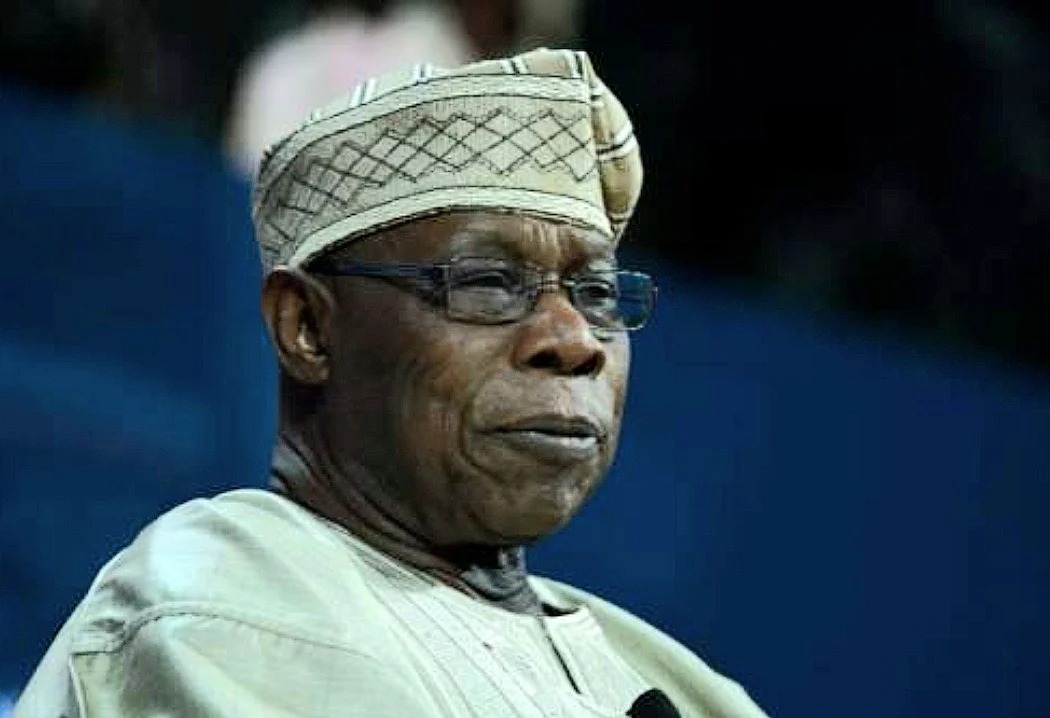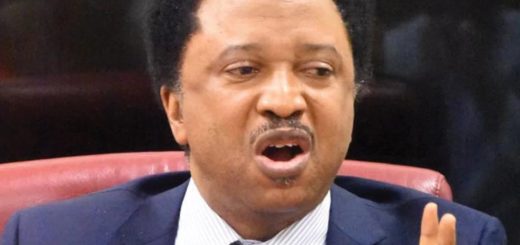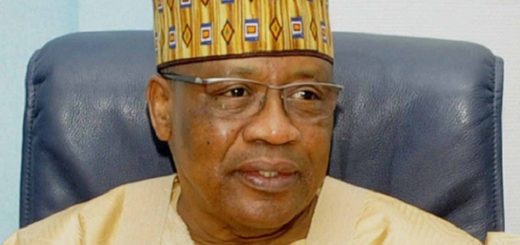Leadership failure and state capture in Nigeria – Obasanjo
 Without being immodest, I will begin by saying that it is appropriate that I was invited to deliver the keynote address at a gathering in honour of the late Professor Chinua Achebe. Not just because I have been Head of State and President of Nigerian on two different periods of our beloved nation’s history – most will agree fairly successfully – but because I have known the man, his work, and his values for as long as our Nation has been in existence. He was a great and distinguished Nigerian. Yale university would be correct in their belief that Achebe belongs to the world – and therefore to them as well – but I am here to tell them that he is an African Icon that belongs to Nigeria first. The Igbo amongst us – his own ethnic people – will remind us that within Igboland he is known as “the Eagle on Iroko” – the “king of the birds” perched on the tallest tree in the African rainforest – a title that encompasses the reverence and awe in which he was held. As Head of State of Nigeria, I oversaw the establishment of the Nigerian National Merit Award (now known as The Nigerian National Order of Merit Award (NNOM)- Nigeria’s highest award for outstanding academic and intellectual contributions to the growth and development of Nigeria. The young people in the room will be pleased to know that the first recipients of this prestigious award were Professor Chinua Achebe, Professor Teslim Olawale Elias, Professor Thomas Adeoye Lambo, and Alhaji Abubakar Imam. They were all conferred with the merit award in 1979 by a debonair, young Head of State named Olusegun Obasanjo. I was 42 years old at that time. That same year, Achebe accepted a national award from me as well. That he later, developed an aversion to National Awards is a topic for Yale University’s epistemological researchers to uncover.
Without being immodest, I will begin by saying that it is appropriate that I was invited to deliver the keynote address at a gathering in honour of the late Professor Chinua Achebe. Not just because I have been Head of State and President of Nigerian on two different periods of our beloved nation’s history – most will agree fairly successfully – but because I have known the man, his work, and his values for as long as our Nation has been in existence. He was a great and distinguished Nigerian. Yale university would be correct in their belief that Achebe belongs to the world – and therefore to them as well – but I am here to tell them that he is an African Icon that belongs to Nigeria first. The Igbo amongst us – his own ethnic people – will remind us that within Igboland he is known as “the Eagle on Iroko” – the “king of the birds” perched on the tallest tree in the African rainforest – a title that encompasses the reverence and awe in which he was held. As Head of State of Nigeria, I oversaw the establishment of the Nigerian National Merit Award (now known as The Nigerian National Order of Merit Award (NNOM)- Nigeria’s highest award for outstanding academic and intellectual contributions to the growth and development of Nigeria. The young people in the room will be pleased to know that the first recipients of this prestigious award were Professor Chinua Achebe, Professor Teslim Olawale Elias, Professor Thomas Adeoye Lambo, and Alhaji Abubakar Imam. They were all conferred with the merit award in 1979 by a debonair, young Head of State named Olusegun Obasanjo. I was 42 years old at that time. That same year, Achebe accepted a national award from me as well. That he later, developed an aversion to National Awards is a topic for Yale University’s epistemological researchers to uncover.
I invoke jest to parlay into a much darker topic for which we are gathered here to address: The failure of governance in Nigeria and the near collapse of our Nation State. What better way to tackle this uncomfortable topic than to revisit a short, classic treatise published in 1983, called The Trouble with Nigeria, by non-other than Chinua Achebe.
Leadership: The Nigerian Conundrum Achebe opens that slim book like this:
“The trouble with Nigeria is simply and squarely a failure of leadership. There is nothing basically wrong with the Nigerian character. There is nothing wrong with the Nigerian land or climate or water or air or anything else. The Nigerian problem is the unwillingness or inability of its leaders to rise to the responsibility, to the challenge of personal example which are the hallmarks of true leadership.”
In hindsight, this forty-one-year-old prescriptive analysis on the root causes of Nigeria’s leadership crisis is quite moderate and appropriate. It is at least not as desolate as the diagnosis provided by Robert
Rotberg and John Campbell, two prominent US intellectuals – the latter a former United States ambassador to Nigeria to boot:“Nigeria has long teetered on the precipice of failure,” they argue. “Unable to keep its citizens safe and secure, Nigeria has become a fully failed state of critical geopolitical concern. Its failure matters because the peace and prosperity of Africa and preventing the spread of disorder and militancy around the globe depend on a stronger Nigeria.”
At least, they acknowledge that Nigeria – the most populous and economically viable country on the African continent – is, as the Americans will popularly put it, “too big to fail…” Let us not fool ourselves, there is a lot to be concerned about, where Nigeria is concerned. For one, Nigeria’s GDP has declined from $510 billion – after it was rebased in July, 2014, by then Finance Minister, Ngozi Okonjo-Iweala and colleagues – to the recent revision downwards by the IMF to $199 billion today. By the end of my tenure in 2007, the country’s average GDP growth over my 8 years in office was 6.59 per cent (reaching 15.3% in 2002) – one of the highest in the world. This increase was attributable to the quality of the leaders we had in our government – the eminent, late, Bola Ige, General TY Danjuma, Adamu Ciroma, Sule Lamido, Mohammed Arzika, Liyel Imoke, Jerry Gana, Kanu Agabi, the aforementioned Ngozi Okonjo-Iweala, and several others who came on board in my second term. One of the stars of that cabinet, Mrs. Oby Ezekwesili, Former Minister of Solid Minerals and later Education of Nigeria is also here today.
Other reasons for the country’s robust growth at the time can be attributable to reforms we instituted, especially in the private sector and service delivery. They include the liberalization of the telecommunications sector, the recapitalization exercise witnessed in the banking sector in 2004, pension scheme and administration and many areas of production and productivity and investment. I must not forget debt relief. The genesis of the Leadership Crisis. Home grown, American based, political science experts Professor Obasesam Okoi and MaryAnne Iwara, in a recent article published by the Georgetown Journal of International Affairs explored the complex, cacophony of factors at the root of Nigeria’s leadership conundrum:













